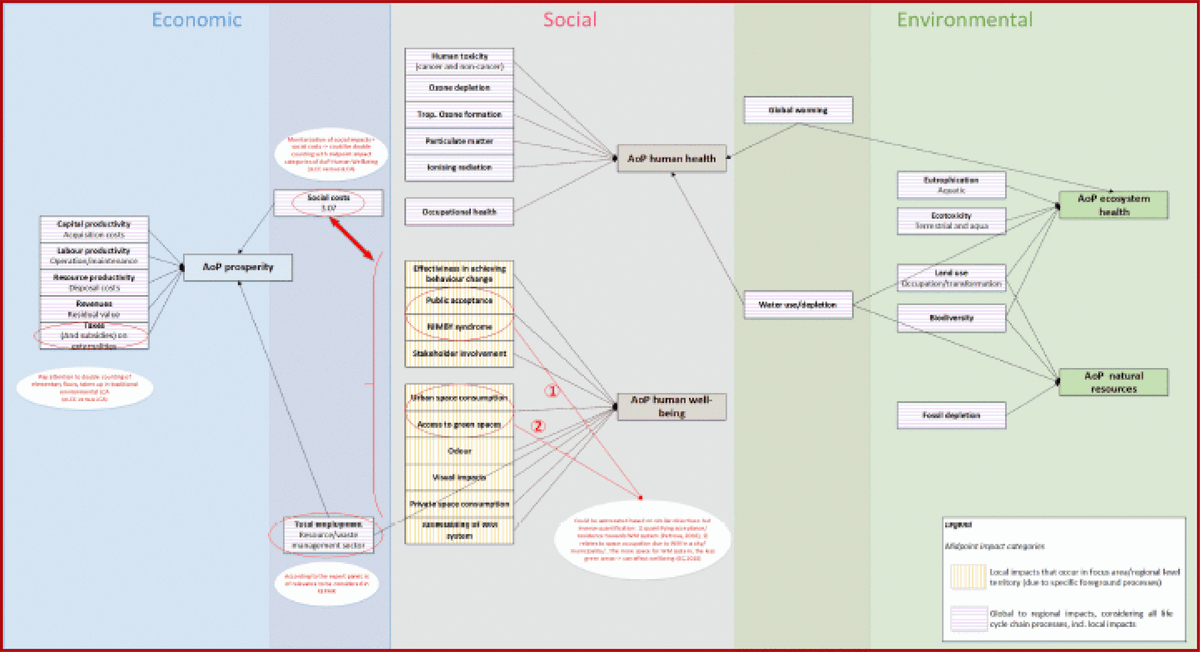“Waste management (WM) is a crucial service in European cities due to the high amount of waste generated. A European citizen generates on average 483 kg of municipal waste per capita (Eurostat, 2016), which must be managed following adequate standards. During the last decades, there has been a constant improvement of the sustainability of WM because of an increasing concern from population, industries and authorities. The recent interest in circular economy strategies in Europe resulted in a set of measures from the European Commission called the Circular Economy package (EC, 2015), which also entail improvements in waste management. Key is to move from the perception of ‘waste as a problem’ to ‘waste as a resource’. The EU waste hierarchy should be put into practice, by e.g. focussing of waste prevention strategies or collecting high quality waste streams for re-use, remanufacturing and/or recycling. In this context, there is extensive literature assessing the environmental impacts of waste from a life cycle perspective (Al-Salem et al., 2009; Astrup et al., 2015; Laurent et al., 2014), but there are few attempts for a comprehensive sustainability assessment of WM systems considering environmental, social and economic impacts. Moreover, only few studies focused on the local socio-economic impacts of WM (e.g., odour, space occupation), however, considered as relevant by many stakeholders (Woon and Lo, 2016). The REPAiR project aims to develop a life cycle-based sustainability framework that fills this gap. The assessment includes impacts at multi-scale (different geographical levels), multi-size (micro to macro) and transdisciplinary (social, economic, environmental) level. It also intends to advance in the analysis of local and regional impacts from WM (e.g., disamenities) by applying life cycle tools, which were focused until now mainly on global impacts” (REPAiR 2018, p. 9).
For further information:
https://h2020repair.eu/wp-content/uploads/2019/04/Deliverable-4.4-Definitive-framework-for-sustainability-assessment.pdf


